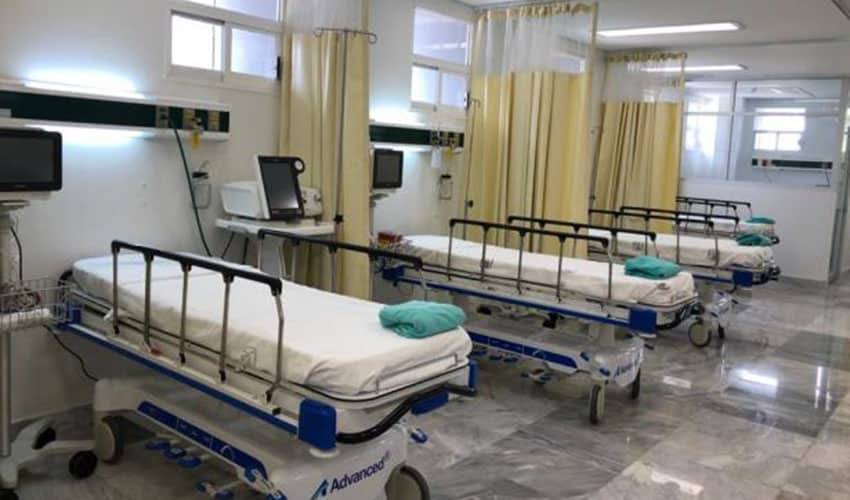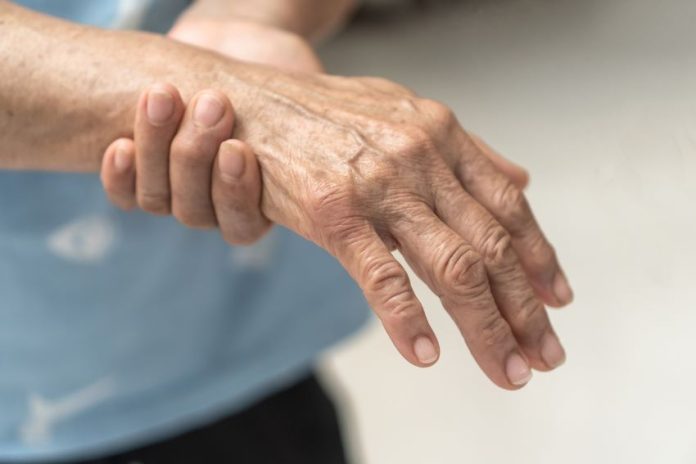Tlaxcala state officials on Monday reported a third death attributed to acute flaccid paralysis linked to Guillain-Barré Syndrome (GBS), a rare disease whose cause is not fully understood.
The state Health Ministry also reported that 35 additional patients diagnosed with GBS are currently hospitalized, eight of whom are in critical condition and remain in intensive care. Nine of the 35 patients are deemed cured but remain in hospital under observation as of Monday morning.
The ministry has confirmed 76 GBS cases in the small state northeast of Mexico City, with 38 patients having been treated and released.
The ministry made a public plea to state residents to take preventive measures, urging regular washing of hands with soap and water, while also taking all hygienic precautions handling and preparing foods, especially meats.
A World Health Organization (WHO) fact sheet on GBS explains that the disease typically appears after an infection due to a virus or bacteria. This prompts the immune system to attack the body itself and this “can affect the nerves that control muscle movement as well as those that transmit pain, temperature and touch sensations. This can result in muscle weakness, loss of sensation in the legs and/or arms, and problems swallowing or breathing.”
Most victims of GBS recover without long-term neurological complications.

Symptoms, which include tingling sensations often beginning in the legs but advancing to the arms and face, typically last a few weeks.
The symptoms can advance to include weakness in legs, arms and torso, soreness similar to muscle cramps, loss of motor coordination which can lead to falls, and blurred vision. Severe symptoms include paralysis, low blood pressure and cardiac arrhythmia.
The WHO recommends hospitalization of victims exhibiting such symptoms so they can be monitored closely. Cases become life-threatening when affected individuals have difficulty speaking and swallowing.
On March 22, Social Security Institute (IMSS) hospitals across Tlaxcala received an extra supply of antibody mixtures for use in immunoglobulin therapy. Human immunoglobulins are blood derivative substances with a high immunomodulation power and they are used to treat severe antibody deficiencies.
Though there is no known cure for GBS, immunotherapy treatments can modulate symptoms and shorten its duration.
With reports from El Economista and López-Dóriga Digital
